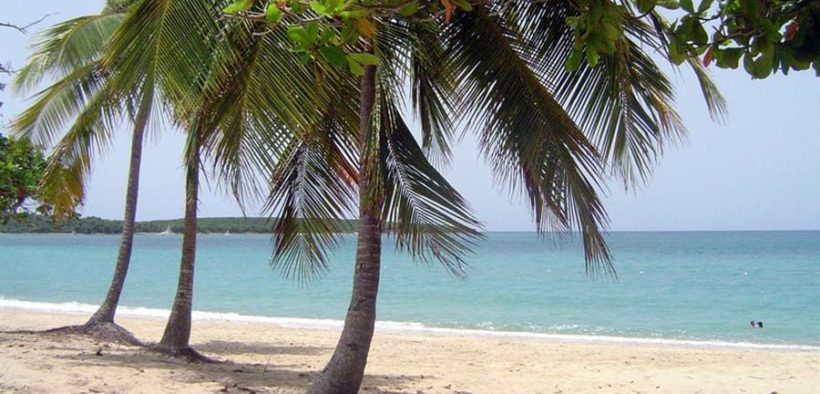DNER transfers oversight of public beaches, recreational areas to 4 towns

The Department of Natural and Environmental Resources (DNER, in Spanish) has signed collaboration agreements with the municipalities of Humacao, Manatí, Toa Baja and Vieques so that each of the mayors can manage and improve the government-run public beaches and recreational areas.
Most of the agreements are on an initial four-to-five-year term, renewable for up to 15 years if necessary and they include managing the surrounding areas — parking lots, buildings, public areas, and others, DNER Secretary Rafael Machargo said.
The central government’s public policy for decentralization is being used as a tool to take advantage of the capacity of the municipalities to provide more and better direct services to the people, Machargo said.
The agreement with Humacao calls for the town to l manage the Punta Santiago vacation center and their beach operations. Humacao will manage the revenues, assume the costs, and pay the DNER 25% of the net profits.
In the agreement with Manatí, the town will assume the responsibility of conserving and protecting the Tortuguero Lagoon Natural Reserve. The DNER will also provide the municipality trees for planting to continuing the reforestation of the area.
In Toa Baja, the agreement establishes that they will administer Punta Salinas and the Isla de Cabras Recreational Center.
When the contract receives the endorsement of the federal National Park Service, it will require the municipality to pay a monthly rental fee of 50% of net earnings during the first year, $10,000 per month the second year, and $15,000 per month for the next three years.
As for Vieques, the island municipality will assume the administration and operation of the parking lot, the building, and the concessionaires of the Sun Bay beach. The municipality will manage the revenues and assume the costs and pay the DNER 20% of the net profits.
This agreement must receive the endorsement of the National Parks Service since certain projects on the beach were paid for with funds from the federal Land and Water Conservation Fund Act.














